Portishead’s Adrian Utley on Roseland NYC Live
The band’s guitarist talks to SDE
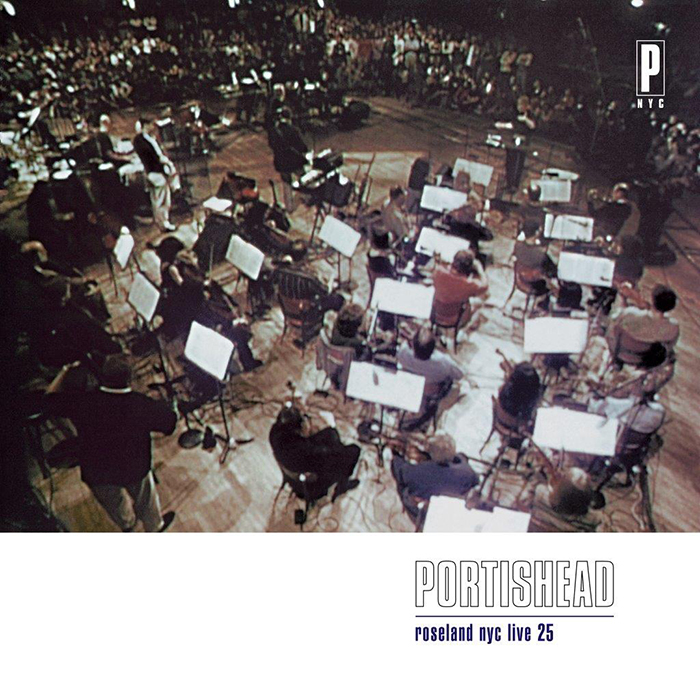
Portishead’s Roseland NYC Live album recently turned 25 and is being reissued on physical formats to celebrate its anniversary.
A digital version hit streaming platforms late last year, but now the record by the Bristol-based, Mercury Prize-winning, ‘90s trip hop pioneers (Beth Gibbons – vocals, Geoff Barrow – drums, decks, programming, production, and Adrian Utley – guitar) is about to be reissued as an expanded 2LP set on red vinyl and on CD. The concert was recorded and filmed at New York’s Roseland Ballroom with a 28-piece orchestra, in 1997.
SDE spoke to Utley, who has overseen the reissue and been closely involved with the remastering, about his memories of performing the concert, the difficulties of combining Portishead’s unique and inventive sound with an orchestra, and being part of the so-called trip hop scene. We also found out about some of the projects he’s worked on recently and what he’s got in the pipeline.
SDE: It’s the 25th anniversary of Roseland NYC Live. Does it feel like 25 years since the album came out?
Adrian Utley: No – time just whizzes past, doesn’t it? I always do the sums – what was I doing before Portishead? I add up the years and go, ‘oh, God…’
What are your memories of playing the gig?
I can remember a lot about the whole thing – I did a lot of work on the orchestration and getting it together. The idea for the film came from old films that I loved, like Miles Davis and Gil Evans – there’s this beautiful film of Miles Davis’s classic band, with Coltrane, Cannonball [Adderley], and Wynton Kelly playing the piano, in a horseshoe shape. The way it’s shot is just fucking awesome – that’s been a favourite film of mine, as well as the music… That was the vibe of how we wanted the film to be and there was a lot of work that went into it.
We were just finishing album number two – and I can remember sitting with Geoff in the studio while we were mixing it, and talking about what we might want from a string section at the gig, and how we might do it. Then I went off and did it.
Was it challenging blending the 28-piece orchestra with the other instruments in the band, including the guitar, the drums and the decks? Were there a lot of rehearsals?
Yes – but mainly it was about being prepared and knowing what was going to happen before we got there. I can’t orchestrate, but I worked with Nick Ingman, who was conducting – I talked to him about the ideas, and gave him written out chord voicings, references and little lines that I thought were cool and that we could incorporate. He had some nice ideas – “maybe that should be on a cello at the top rather than a viola” although it was interesting for me, but also nerve-wracking. It was terrifying – it was being filmed live…
“We hadn’t played any of the tunes from ‘Portishead’. They were never played live and weren’t played live in the studio”
Adrian Utley
We rehearsed for about a month – we’d hadn’t played any of the tunes [from the album]. They were made in the studio – they were never played live before, and they weren’t played live in the studio. It was only me that was playing, and Geoff playing drums… we didn’t really know how to play them or interpret them – it was all new.
If you’ve seen the film, there’s one track, ‘Numb’, that comes from the rehearsal the day before – just as a safety precaution. We had another whole film just in case something went horribly wrong – we couldn’t repeat anything because it was a gig, and it was being filmed…We had a stage manager with headphones and a microphone, telling people to stop because we had to change the reels on the tape machine – it was run like a live TV show in a way. If we fucked up badly, we could’ve stopped and started again, but we didn’t.
The other thing, which isn’t easy to explain, is that we had to play quietly, but the sounds that we made were pretty severe at times. We got it under control, but we were putting extreme fuzz guitar and distorted drums next to a cellist – it was a weird thing, and it made you uptight. It was much quieter in the room than it was when we mixed it.
The new version of Roseland NYC Live features some tracks that weren’t on the original album, like ‘Undenied’, and ‘Numb’, which were in the film, plus ‘Western Eyes’, which was played in part over the credits at the end of the film…
Yeah – for some reason… I can’t remember, it was 25 years ago… I’d always wanted ‘Western Eyes’ on the record, but something went wrong with it at the very beginning, and we never ever put it on the live album.
You’ve been closely involved with the reissue…
We had to edit some things to make them work for the record. I had to trawl through all our stuff, and it wasn’t easy to find multi-tracks to remix. I had all the multi-track tapes, but that meant remixing the 48 tracks – we recorded on two tape machines synced together.
I had all that transferred digitally into Pro Tools, but, in the end, we found some DATs of mixes that Geoff and I had done at the time at Rockfield Studios, in Wales. I worked with TJ Allen, who’s a guy I work with all the time – we edited quite a lot to make it work. It was almost a year ago since we did that – we had to find bits and put it together from what we had.
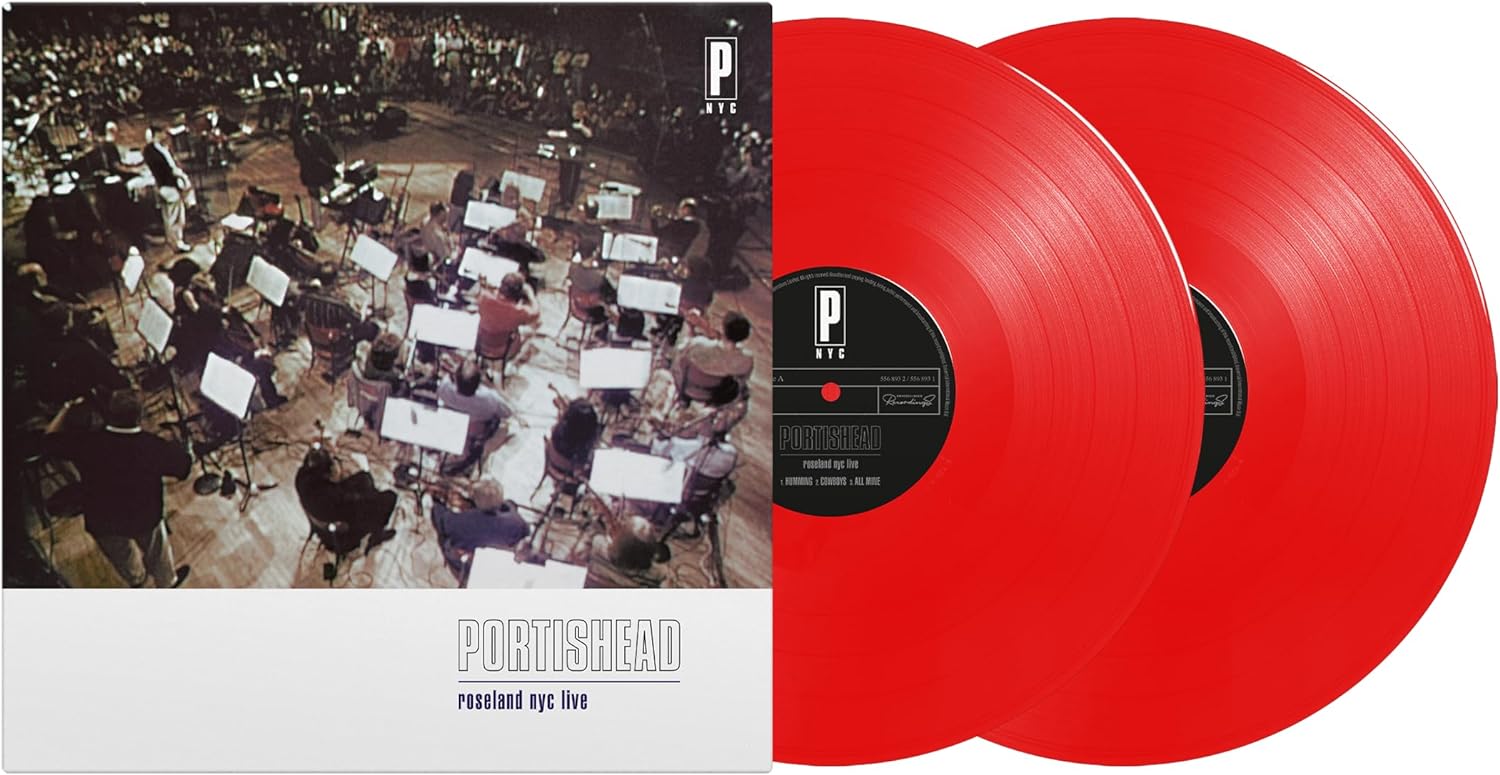
The versions of ‘Sour Times’ and ‘Roads’ on the new version of the album are now the original ones from the Roseland concert. Why did you use different versions of those tracks, recorded at The Warfield, San Francisco in April 1998 and ‘Roads’ from the Quart Festival, Kristiansand in the same year, on the original release? Were they better recordings?
Yeah, but I don’t know why we had one with clapping on it – there were a few issues with it, but now, 25 years later, it doesn’t feel so extreme. It’s more of an archive, so I felt it was OK to clean up and release the new versions of ‘Roads,’ ‘Western Eyes’, and ‘Numb.’ I think ‘Numb’ is the original version that we put on the film – the DVD – but it wasn’t on the record. We had a version of ‘Sour Times,’ too, but the tuning of the horns was a bit iffy and so was my guitar, but I don’t care now, and I think it sounds great.
You worked on the remastering of the 25th anniversary edition, didn’t you? Was there a lot of work to do?
There’s a guy called Shawn [Joseph] who runs Optimum Mastering – he’s mastered lots of our stuff, including the projects we’re working on now. The idea was not to make it [sound] contemporary, but just to give it a bit of a lift, with a little bit more low-end, and to clean it up a bit. It was very simple because he’s brilliant and we both had the same aesthetic – we didn’t want to make it sound like a new record, because it’s an old one.
What was the Roseland Ballroom like as a venue?
It looked good, and we wanted to be on the floor, like the Gil Evans thing I mentioned – we didn’t want to be on the stage. We all wanted to be part of the space, and we had bleacher sports hall-type seating shipped in. It was a massive dance hall. I’d been in there when there was a Latin American day on – older people dancing to a band.
Why did you choose the US for the gig, rather than London or Bristol?
It was exciting to do it in New York, but it was incredibly expensive. We wanted to make it special – it was the launch of the [second] album. We did the launch of Third in Berlin, in a place called Funkhaus – we wanted to get out of this country, because it was fucked.
Let’s talk about some of the performances on the live album – the version of ‘Mysterons’ is great, with exotic-sounding strings, and a stunning climax, with the orchestra, your guitar, and all these strange, noisy effects, before it all drops back to just the guitar and the scratching…
On Dummy, it was the first track – it was very intimate, quiet and close, with no reverb. Live it developed – the original didn’t have any bass on it, because there was already a lot of bass on my guitar, which was cool. But live we used Jim [Barr] – he played bass on it, which already made it bigger than it was, and then we extended the end to be a much more psychedelic thing, but with respect to what we liked. It wasn’t just to make it go ‘eyeballs out’ at the end. There’s a melody that we used to play on the theremin that I picked out for the orchestra to play, and then I played it with my guitar as well – that’s what you’re talking about. It’s all about the dynamics. Everything was considered from beginning to end – every tiny note that’s played was talked about and organised by us.
It wasn’t like, ‘Here, mate – put some strings on this for us, will you?’ We never wanted to that do – we had an interest in Italian soundtracks and pop songs from way back, which were an enormous influence on Geoff and I. Yeah, there’s an orchestra, but it’s also got a raw, fuzzy guitar. It’s like Morricone combining worlds together, and it was integral to the whole thing, and hopefully, every track is like that.
Some of them were recreated, like Lalo Schifrin’s stuff for ‘Sour Times,’ – that already had strings and horns on it – and, obviously, ‘Glory Box,’ because that was Isaac Hayes’ original string loop. For ‘Only You,’ from the second record, I’d written out parallel chord voicings that I wanted, and I talked to Nick [Ingman] about that – I really love the sound of what happened there.
The live version of ‘Roads’ is beautiful – the way the strings sneak in and slowly start to build. The song gets a big cheer from the audience….
Yeah – that was because no one had heard any of the tracks, apart from the ones from Dummy…
So, the Roseland gig was on 24 July 1997, your second studio album, Portishead, came out on 29 September 1997, and the live album was released on 2 November 1998…
Yeah.
Have you got a favourite track from the live album?
I really like ‘Western Eyes’ and ‘Undenied.’
Didn’t you create your own vocal sample towards the end of ‘Western Eyes?’ It’s credited as ‘Hookers and Gin,’ by The Shaun Atkins Experience…
Yeah – that was our lovely friend, Shaun, who died last year. He was a great singer, and he was in a heavy metal band called The Whores of Babylon. We made a track so Geoff could scratch it at the end of the tune.
There’s also a cheeky nod to the James Bond theme with the guitar chord at the very end of ‘Western Eyes…’
Yes [laughs]. It’s an E minor / Major 7/9.
Straight after the Roseland NYC gig, Portishead went on a world tour…
Yeah – it pre-empted a whole year of touring. It was a good rehearsal for getting our shit together to go on tour. That was quite a significant tour – The Verve had split up that year and we got upped to the headline slot at nearly all the festivals we played – everything changed.
This year also sees the 30th anniversary of Dummy. Has there ever been a reissue of it and are there any plans for another?
There has – it was for another anniversary, but we didn’t make a big deal of it, and I doubt we’ll make a big deal of the next anniversary either… I’m a bit sick of major record companies – I feel like they can just go and fucking swivel… I buy vinyl, but I buy old vinyl.
So, are you a record collector or a crate digger?
I’m not a crate digger, and I never have been. I have my real favourite records on vinyl. My friend just dropped off some 45s for me – ‘Paranoid’, ‘Jumpin’ Jack Flash’ and ‘Voodoo Chile.’
“There was a tea towel called Bristol Legends and I’m really proud to be on it, but I never fucking got one… “
Adrian Utley
When Dummy came out in 1994, Portishead were labelled part of the ‘trip hop’ scene, along with other Bristol acts like Massive Attack and Tricky. How did you feel about that tag? You also spawned lots of imitators – did you feel that you’d created a monster?
I’m very proud of what we’ve done and of contributing something to Bristol. I’m not from Bristol but I’ve been here 30-odd years now, and I feel like I’ve actually done something… There was a tea towel called Bristol Legends – it’s got a whole bunch of people on it, like Massive Attack, Banksy, Big Jeff… and I’m really proud to be on it, but I never fucking got one…
Those things mean a lot, but in terms of trip hop, I’m not that bothered about it – it was just cool to make music that really excited us all and moved us on. I never met any of those people in other bands – I wasn’t interested in it… I’d still be listening to Jimi Hendrix or Italian soundtracks.
We always had our own set of rules that weren’t anything to do with what people thought they were. The big question that we were always asked in every interview was ‘Why so sad?’
We could write a book and call it, ‘Why So Sad?’ We’re not sad – no one in the band is sad, no more than anyone else is. It was just a reflection on the darker side of life – and musically I tend to gravitate towards that kind of vibe. I’m never going to make a happy tune – unless someone asks me to do it for a soundtrack.
You’re originally from Northampton – you moved to Bristol in the ‘80s. Was your background playing in jazz bands?
It was also art school and playing in soul bands, backing American soul artists, and playing holiday camps to make some money and learn how to read music. I then got into jazz and moved to Bristol.
How did you meet Geoff Barrow?
I met him in a studio – when I was recording a jazz quintet that I had with Clive Deamer [drummer and percussionist], who’s on our records. We just started talking… At that point, I was interested in hip hop – Geoff knew about it and I didn’t. I didn’t know they made it, but I’d heard A Tribe Called Quest and Public Enemy, and it blew my mind – in the same way that Coltrane and Hendrix did, back in the day.
The Specials were also a big step for me – the whole Two-Tone thing just changed everything, as did hip hop, but there were other things on the route… Geoff was a kid and he was sampling and making hip hop. We were intrigued by each other and what we knew – my world and his world – and we put them together.
And you were both into soundtrack composers like Ennio Morricone, Lalo Schifrin and John Barry…
I knew about those people – that was an area that we both talked about. He was into soundtracks big time – he introduced me to some really cool ones, and I introduced him to some really cool ones too. That was common ground, but I didn’t know how hip hop sampled stuff… I knew the Billy Cobham track [‘Stratus’] that Massive Attack used on their song ‘Safe From Harm’ from years before, but when I first heard them do it, I was like, ‘How the fuck have they made that repeat and be a different speed?’
I’m a collector of Blue Note records because I love Van Gelder’s recordings, I love the artwork, and, more than anything, I love the players that they chose to put out. When I heard A Tribe Called Quest, I was like, ‘Fucking hell – this is the sound of Blue Note as well. How is this working?’
The last time we heard from Portishead was when you played a War Child gig at Bristol Academy in 2022. Are you on hiatus? Beth’s solo album is out next month…
We’re all doing other stuff – Beth and I have chatted about a few things. I’ve got a lot of things going on this year.
Anything you can tell us about?
No – I can’t really talk about them… I’ve worked with Beth Orton recently – I played Glastonbury with her last year and we’ve done some recording. I’ve also been working with John Parish on an Indigo Sparke record he’s producing. I’ve just made a record with a guy called Larry Stabbins, who’s an avant-garde, free [jazz] saxophone player – he’s probably best known for a band he had in the ‘80s called Working Week. That’s going to come out soon – it’s free [jazz], improv and noise. We’re going to be launching it in July.
In the last few years, you played on Mark Lanegan’s Straight Songs of Sorrow, which is a great album, and the last one he made before he died…
I know. Fucking hell – we talked but never met. I really regret that. I wasn’t a friend of Mark’s but I’d really loved his music for a long time. There was another American friend who died, Mark Linkous [Sparklehorse]… he was a close friend of mine. I feel a similar thing… they were brilliant people and they just fucking died – it was dreadful.
I worked on Mark Lanegan’s record – he got in touch and asked me if I would play. I did a whole load of stuff and sent it to him – I said, ‘You don’t need to use any of this, man – these are just my ideas and there’s too much…’ He emailed me back and said, ‘Fucking hell, man – I’m using all of it!’ It was brilliant – how cool. I love that record – I think it’s great.
You’ve worked on soundtracks – would you like the chance to score a big Hollywood blockbuster, like a Bond film?
I’d rather work with Lynne Ramsay or Jim Jarmusch – that would be more my vibe. I’m not really into big films because the absolute bollocks that goes on behind [the scenes] isn’t really a world I want to inhabit, as my years advance. If I was younger and ambitious enough to want to do that… I don’t want to fucking work at that kind of level – Marvel and those sort of things…
Me and my mate Will Gregory [Goldfrapp] worked with a guy called Paul Wright on an archive film [Arcadia] a few years ago, and we toured it – live film music. I like doing that. I would’ve loved to have worked on Poor Things or Perfect Days – some of the great films we’re seeing now. I never ever want to work on a big film with all the producers, and all the fucking squabbling going on, and budgets…
As a producer, as well as a musician, are you interested in immersive audio, like Dolby Atmos?
Enormously – and one of the projects I’m about to do that I can’t talk about is entirely that. I’ve been commissioned to do it, but I know nothing about it… I’ve been asked to compose, and it’s a massive learning curve and exciting because I really like to learn new things.
What’s your studio set-up like?
My studio is full of old gear – modular synths, hundreds of guitars… all that stuff. I’ve just sold my Trident analogue desk and I’ve gone ‘into the box’ as they say, with Pro Tools. I still have an enormous amount of old analogue stuff that I use, but I just record digitally now, rather than in the old school way. It’s working out well – the world moves on.
Thanks to Adrian Utley, who was talking to Sean Hannam for SDE.
Roseland NYC Live is reissued on 26 April 2024, via UMR/Island.On the same day Watershed Cinema in Bristol will be showing the Roseland NYC Live film in full with an introduction by Adrian Utley. Tickets are available here.
Compare prices and pre-order

Portishead
Roseland NYC Live - 2LP red vinyl reissue

|
|
||||||||||||||||||||||||||||||||||||||||||||||||||||||||||||||||||
Compare prices and pre-order

Portishead
Roseland NYC Live - CD reissue
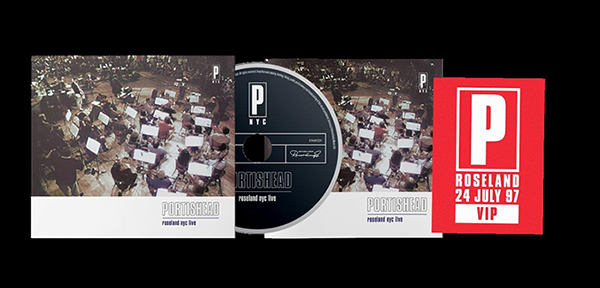
Tracklisting
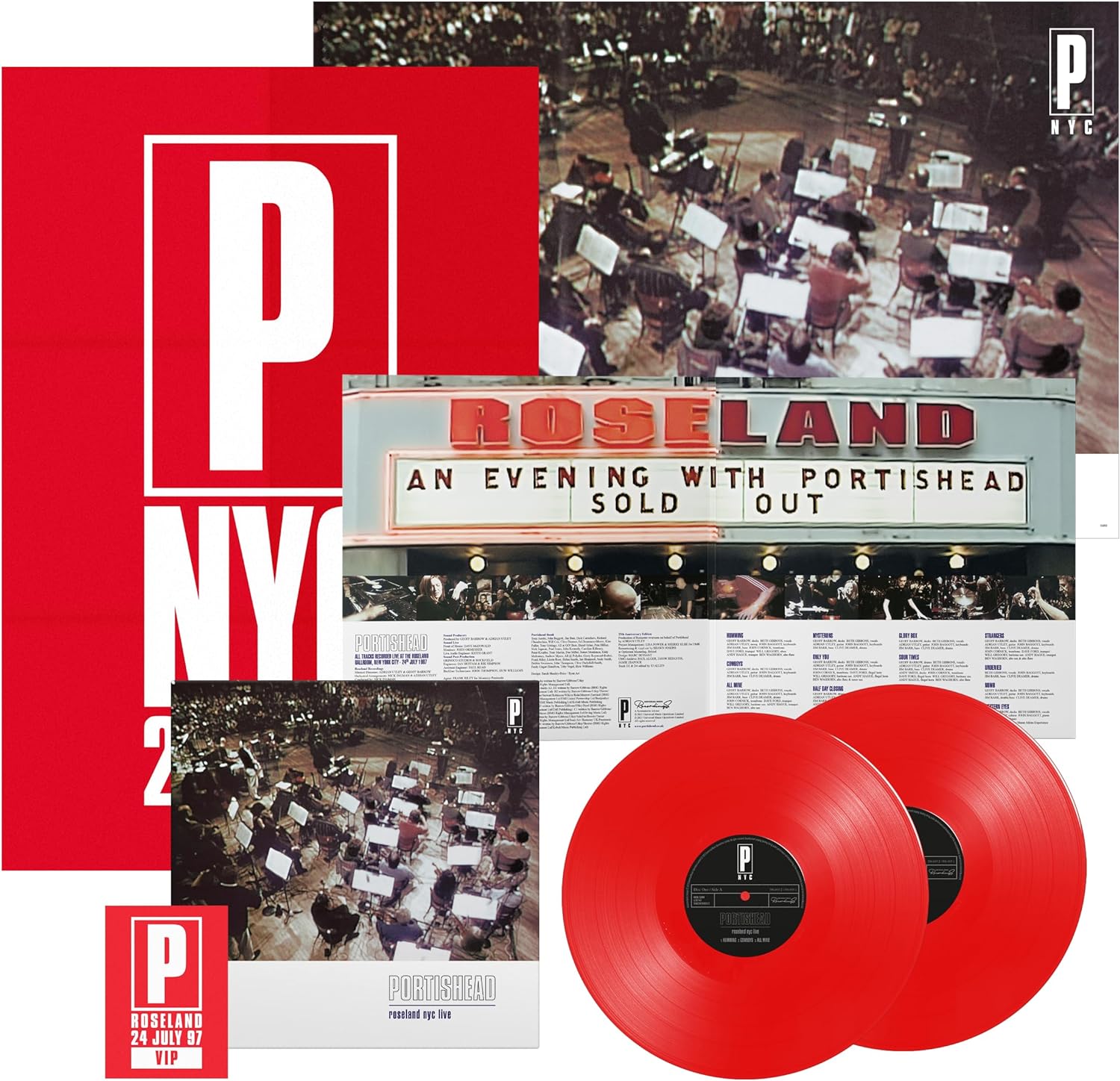
Roseland NYC Live Portishead / 25th anniversary edition
-
-
LP 1
Side A
- Humming
- Cowboys
- All Mine
Side B
- Mysterons
- Only You
- Half Day Closing
- Over
-
LP 2
Side A
- Glory Box
- Sour Times
- Roads
Side B
- Strangers
- Undenied
- Numb
- Western Eyes
-
LP 1

 Interview
Interview
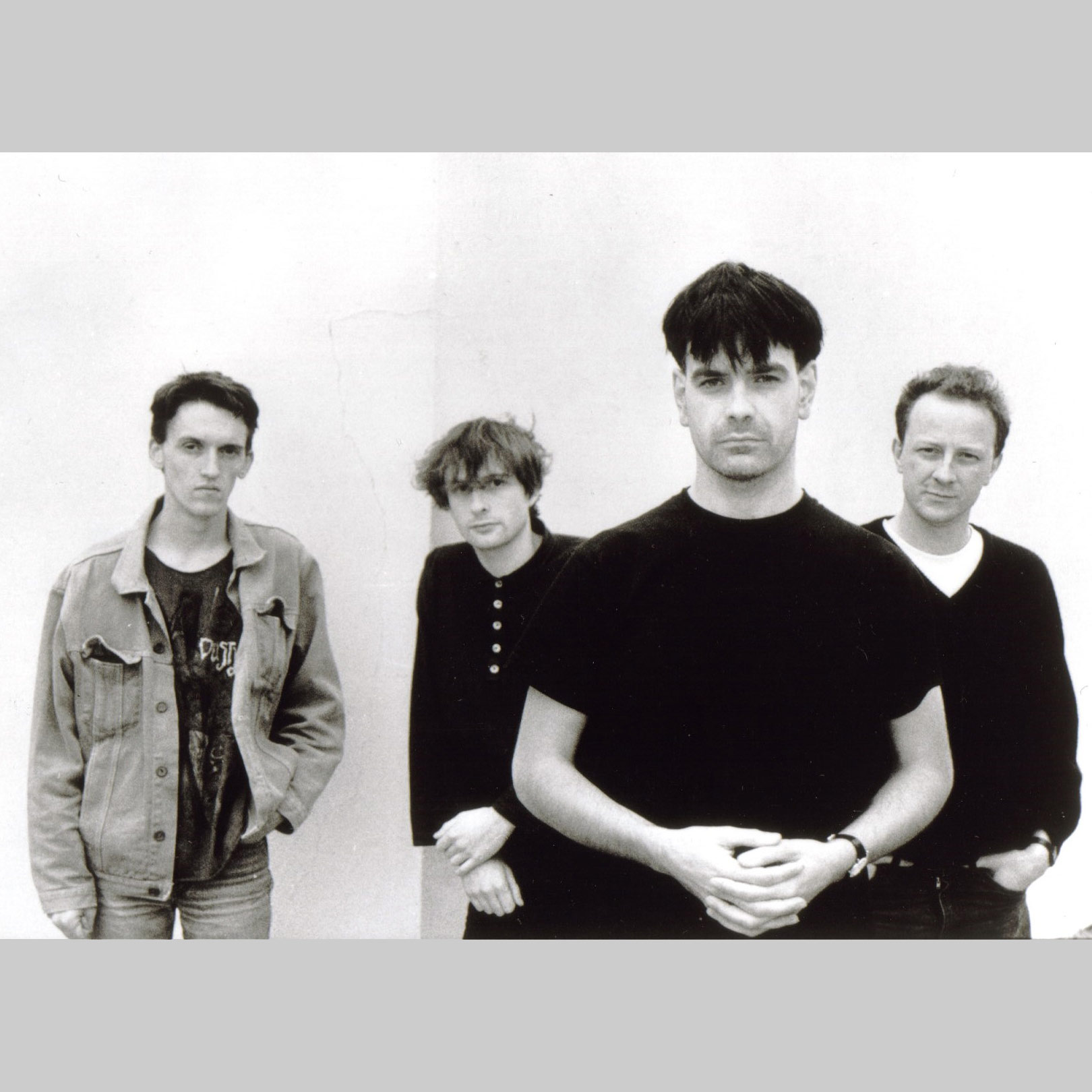
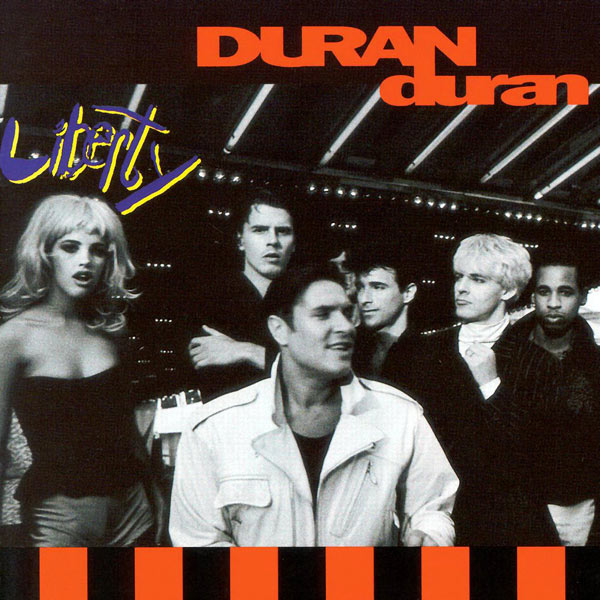
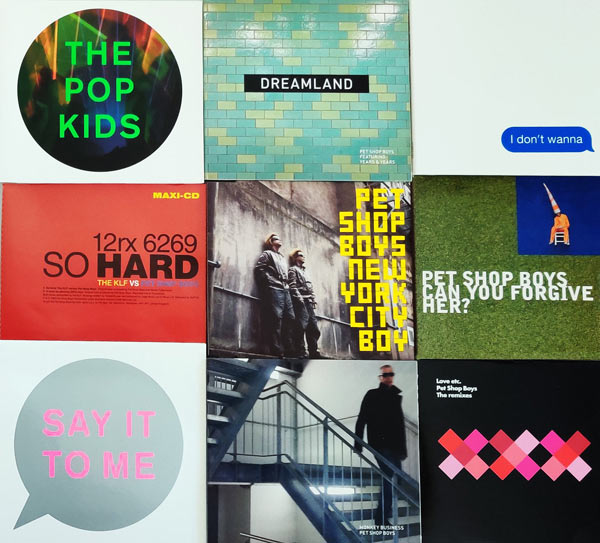
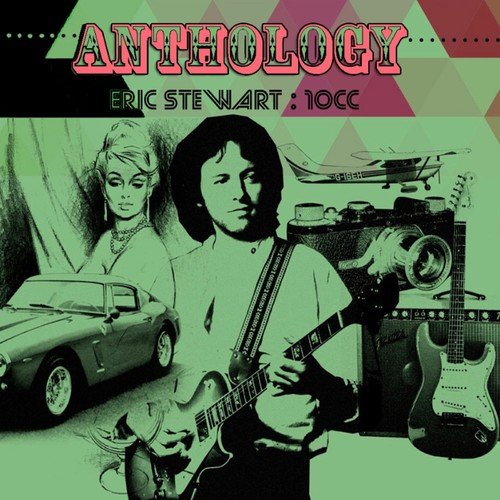
By Sean Hannam
8